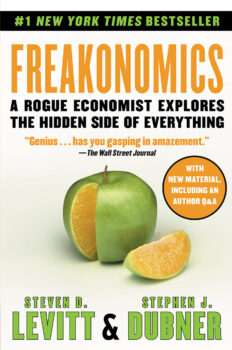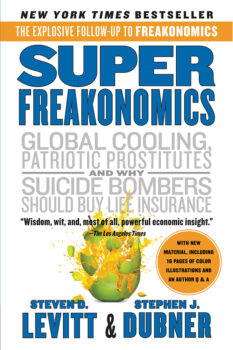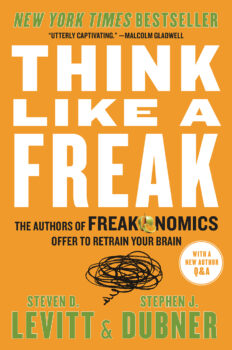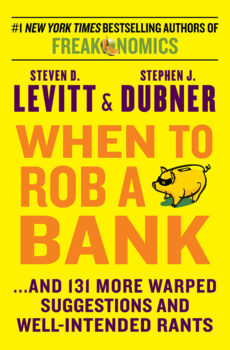It’s the Economy, Honey
Yesterday’s NY Times contained a very flattering (and quite personal!) profile of Betsey Stevenson and me. For me, it was all worth it just to get a great family portrait. (Have you ever tried to get a dog and a toddler to look at the camera at the same time?)
I don’t really have a lot to add, other than to say that I thought the author, Motoko Rich, did a fabulous job. Hopefully it gives folks outside the ivory tower some sense of just what it is that animates the lives of economists. And yes, I admit that reading it, you’ll quickly conclude both that we are passionate about economics, and that we fit the usual stereotypes about academics. And if the article makes it sound like we are crazy about our kid, that’s because we are.




